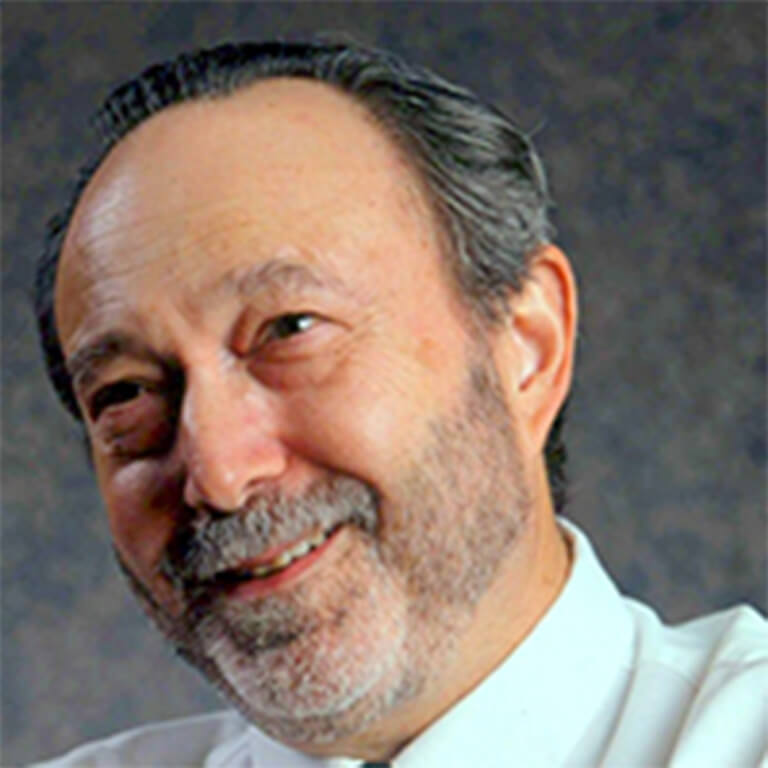Indiana University
Bloomington, IN 47405

Dr. Stephen Porges' research intersects psychology, neuroscience, and evolutionary biology. Through his development of the Polyvagal Theory, Porges is discovering how the autonomic nervous system controls the reactions and behaviors of individuals affected by a wide-range of traumatic experiences, including sexual assault and partner violence, bullying, and the trauma associated with diagnoses and treatment of the reproductive system.
Porges is the founding director of the Kinsey Institute Traumatic Stress Research Consortium, formed to address the life-changing affects and treatments around trauma. He is leading a team of collaborative researchers and clinicians from the Kinsey Institute and other partner institutions to document both the effects of trauma on people’s ability to form intimate relationships and the development of novel treatments to reverse its effects.
View videos of Dr. Porges' interviews and presentations on polyvagal theory, neuroscience, and autonomic physiology here.
Kinsey Institute
Lindley Hall 305